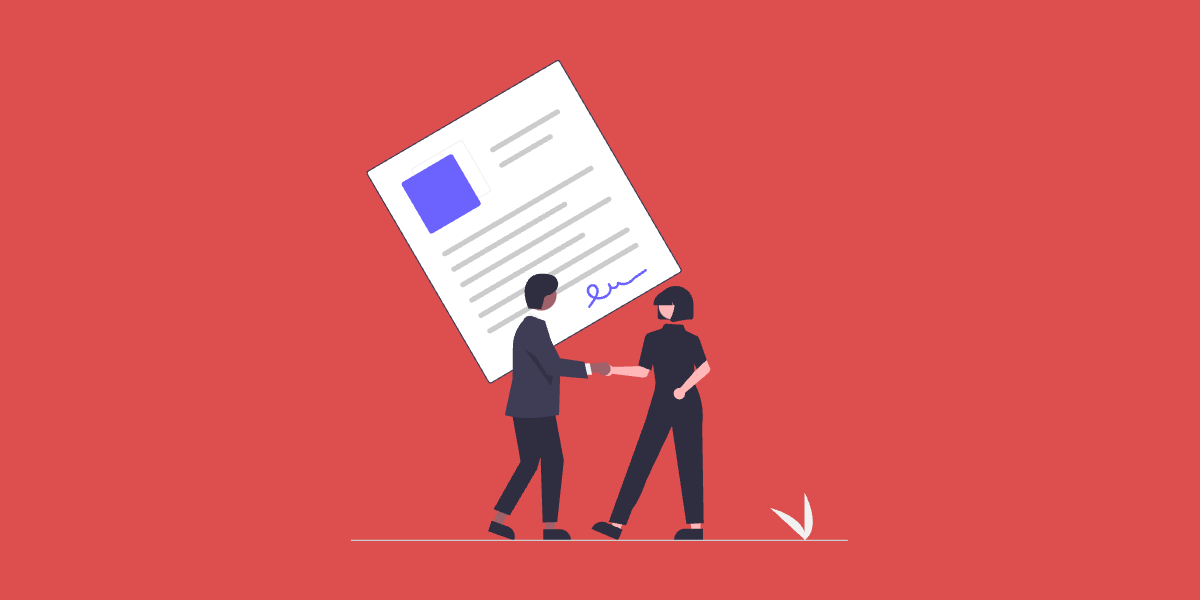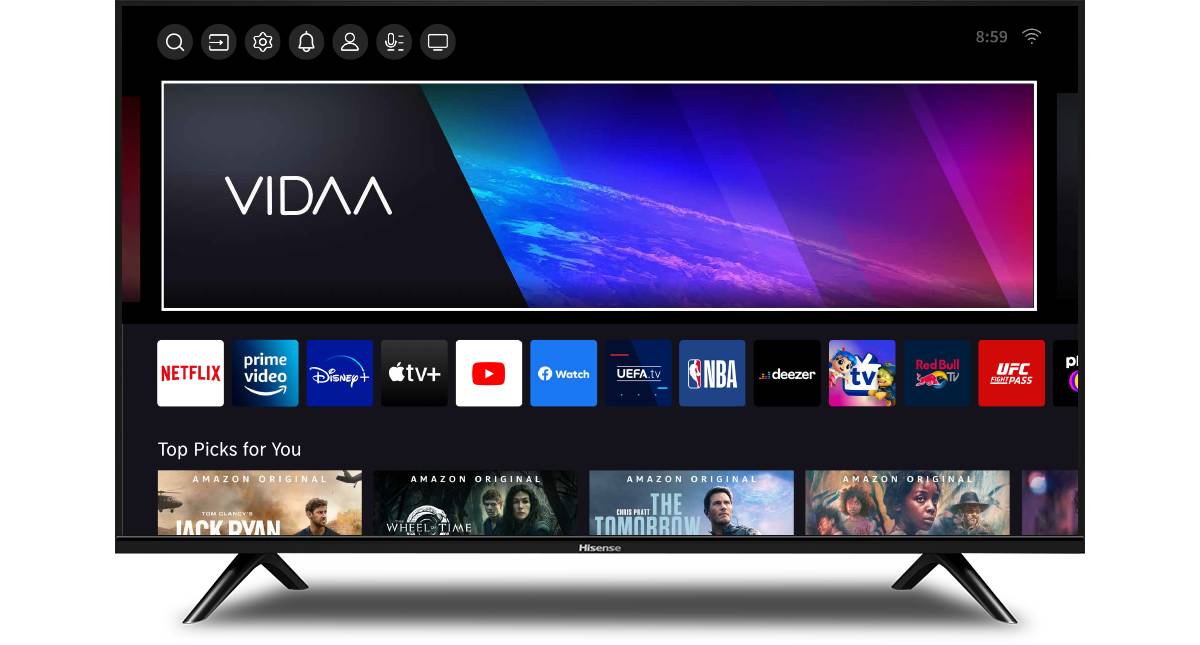Alliances between media companies, forged in response to the existential threats posed by multinational tech companies, often start with grand ambitions. Fierce competitors pledge to lay aside their differences for the common good, presenting a unified front capable of facing up to a common enemy.
But it’s sadly common for these same alliances to end up fizzling out without much fanfare. Rumours of disappointing results and internal differences emerge, eventually followed by a short press release announcing the project’s closure.
OneLog, a login alliance between Swiss media companies, is bucking this trend. The project, which counts most of Switzerland’s largest digital publishers among its members, provides the authentication layer for logins across multiple publishers’ media properties. A user can create an account with one OneLog affiliated publisher, and then use that same account to log on to other members’ websites and apps.
The project has been very successful in its mission. OneLog was highlighted by the Reuters Institute for the Study of Journalism’s analysis of 2023 trends in journalism, media, and technology as one of the more successful publisher alliances which could make a meaningful difference in turning the tide for publishers. Over a quarter of Switzerland’s population had already created accounts through OneLog by the end of 2022.
Ambitious beginnings
OneLog launched with all the grandeur typical of major media alliances. It started life as ‘Project Diamond’, so named because it was dreamt up by CEOs of five major Swiss media companies (CH Media, NZZ, Ringier, TX Group and SRG) aboard the MS Diamant in Lake Lucerne.
But formulating an idea is one thing, bringing it into reality is another, says OneLog CEO Silvano Oeschger. To achieve this, you have to make the product simple and easy to implement for all parties involved.
“Our media alliance is one between competitors,” said Oeschger. “So with any kind of media alliance, you have to boil it down to the simplest thing you can agree on, and then just start.”
For OneLog’s founders, a joint login service fit this bill. For a start, login cooperatives make a lot of business sense. Given the impending demise of third-party cookies, publishers have been working to build up their banks of first-party data, and getting users logged in is a key part of this strategy. Login alliances simplify this process, since users don’t have to create new accounts for each individual publisher.
Authentication layers generally aren’t areas where publishers can devote much in the way of resources. “Back when I used to work on IT projects on the publisher side, authentication services were just something you do on the side, because someone has to take care of it,” said Oeschger. Hence, there are big benefits to pooling resources.
Another strength is that as an authentication layer, OneLog isn’t a profit making venture. As a cost centre, its mission is fairly simple: to do its job, and stay within budget. If it were designed to make a profit, there would be more potential for disagreement over how the company goes about making money and keeping down costs.
Keeping it simple
Even after the five media companies had settled on the idea of a login service, there were still two years of discussions before OneLog launched. “It’s fairly easy to decide to do it, but it’s not that easy to agree on the details,” said Oeschger.
One significant question – a question which faces all login cooperatives – is the extent to which data should be pooled between the participating publishers. Data sharing is a double edged sword: publishers would obviously like access to data collected by other members of the alliance, but are reluctant to share their own. Data sharing also introduces privacy concerns from a consumer’s perspective.
For OneLog, keeping things simple was once again the answer. Data sharing within OneLog is kept to an absolute minimum. Privacy concerns were taken seriously, so OneLog was designed in close coordination with the Federal Data Protection and Information Commissioner as well as the Data Protection Officers of the participating houses along Swiss data protection guidelines.
“We have two kinds of data, within OneLog: base data, and additional data,” said Oeschger. “The base data is what we share with all the media companies involved where I use my account – that’s basically my email, password, name and salutation. Each media brand can collect additional data based on their own requirements, things like date of birth, address, and nickname, but that data is held in a silo, and can only be accessed by that media company.”
The potential for more expansive data sharing was discussed in the early days of the project. And it’s certainly something the ad industry has appetite for – Oeschger says he’s frequently contacted by ad tech companies asking how they can use the data collected by OneLog.
But adding wider data sharing into the product would risk putting off consumers from signing up, as well as other publishers who might want to get involved. OneLog is a simpler sell for new publishers as a simple commodity. OneLog helps publishers get back in touch directly with users and is therefore a key driver in the First data strategy. And given that OneLog’s purpose is to get as big an audience logged in as possible, covering as wide a range of media companies as possible, the founders want to make it as attractive as possible to all parties.
“There might be discussions about how to evolve the product once everyone is onboarded,” said Oeschger. “But until then, it’s simpler if we have a clear story for publishers about what the product is, rather than talking about next steps and how the product might evolve.”





